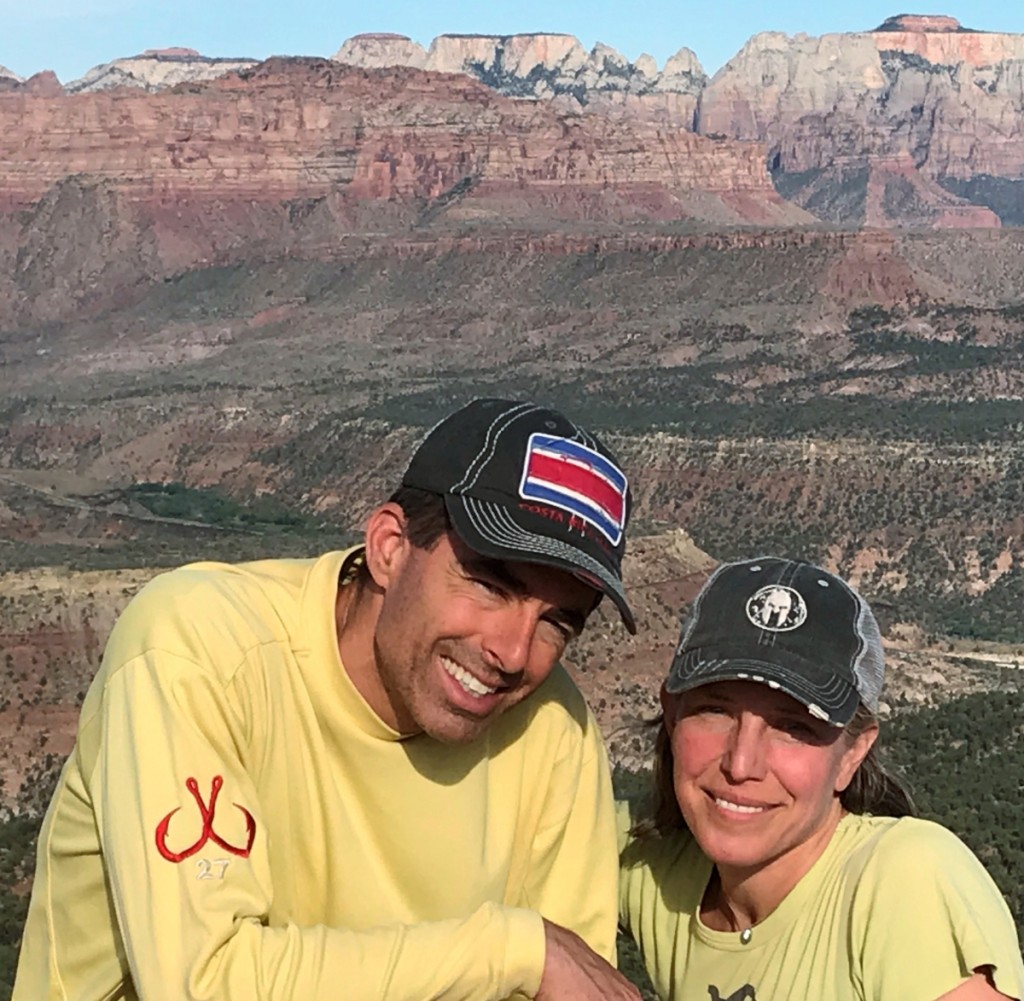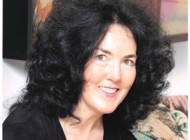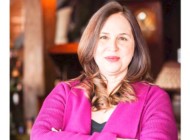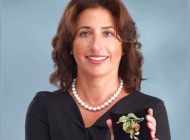 Charity auctions are frequently presided over by local auctioneers, who donate their talents to raising money at fundraising auctions. However, it is rare that auction houses make direct charitable contributions. Brunk Auctions, in Asheville, N.C., is the only auction house, or one of just a few, that regularly gives back in the form of matching contributions made to specifically designated charitable organizations. Antiques and The Arts Weekly sat down with Andrew, Brunk Auctions’ president and principal auctioneer, and Lauren Brunk, the firm’s vice president, auctioneer and principal contact for charitable giving, to learn more about Brunk Auctions’ charitable giving and community initiatives.
Charity auctions are frequently presided over by local auctioneers, who donate their talents to raising money at fundraising auctions. However, it is rare that auction houses make direct charitable contributions. Brunk Auctions, in Asheville, N.C., is the only auction house, or one of just a few, that regularly gives back in the form of matching contributions made to specifically designated charitable organizations. Antiques and The Arts Weekly sat down with Andrew, Brunk Auctions’ president and principal auctioneer, and Lauren Brunk, the firm’s vice president, auctioneer and principal contact for charitable giving, to learn more about Brunk Auctions’ charitable giving and community initiatives.
How did Brunk Auctions’ long tradition of supporting nonprofits start?
LB: Both of us come from families that believe in the importance of community involvement and service. Andrew’s father, Robert “Bob” Brunk made this a part of the business from the beginning when he founded the company more than 35 years ago.
Why is it important to you that you continue the tradition?
AB: Good traditions should be continued and certainly if you are in a position to be able to support organizations that enrich your community, then it is a win for everyone.
Do you do this with every sale, or how often have you done this?
LB: For a number of years now, we have tried to incorporate charitable giving into the actual structure of an auction. In other words, making it another step in the process and creating a matching grant. There have been several gaps when we didn’t have the manpower or “bandwidth” to make it happen. In order to give responsibly, there is some leg work that needs to happen first.
Are organizations limited to those in the Asheville area?
AB: Organizations are not limited to Asheville but to date have tended to be regional. This is intentional because part of what we are trying to do is support our local community. As our business has become more national and international we need to be more conscious of maintaining local connections as well. We still have strong roots here, great clients and friends in the region, and this is one way we stay connected.
How do you designate a beneficiary to support?
LB: Andrew and I decided that we would choose organizations that support children and their families, housing, animals, conservation and sustainability programs. We want to keep politics and religion out of it.
 Does Brunk Auctions incorporate sustainability practices into its daily operation?
Does Brunk Auctions incorporate sustainability practices into its daily operation?
LB: There are a number of small ways that we incorporate sustainability in our practices, in an attempt to mitigate our footprint. Our shipping department uses biodegradable packing materials and recyclable materials whenever possible. We installed hand dryers in the bathrooms and installed a full roof of solar panels a few years ago that generate clean electricity.
Do you support the same organization more than once?
AB: We have supported some organizations more than once, especially those whose missions have an impact close to home.
Can we look forward to additional initiatives in the near future?
LB: We do not have any big changes on the horizon in terms of our initiatives, but we are changing in the way we share this information with clients and colleagues. We have always tried to be careful not to push our personal agenda into the workplace, but as social media becomes more targeted, we are able to make information about what we’re doing available without forcing it on anyone. We are certainly open to the idea of doing things differently. Our work and our city and region are always changing, and I imagine that effective giving will continue to evolve also.
Can you say how much money you have matched?
LB: This number varies, but the matching grants we do for most auctions are generally in the $2,000 to $3,000 range. Some years we have done as much as $30,000. Of course, it depends on our cash flow and our ability to give as well.
Does Brunk Auctions support other nonprofits, such as museums?
AB: We do actively and consistently support museums and their programming. This is a little bit different than supporting local charities because the museum sponsorships support our colleagues at fantastic museums as well as their exhibitions and research. That has obvious benefit for us as well. Many of us at Brunk Auctions have spent part of our career in a museum setting, and we feel strongly about supporting the work of regional museums.
How has giving back to the community benefited Brunk Auctions?
AB: In some cases, it has enhanced name recognition but primarily it provides us with a better understanding of the city we live in and allows us to meet some talented and dedicated people. It also provides great perspective! We sell wonderful art and objects, but also recognize those with much more basic needs around us.
-Madelia Hickman Ring




